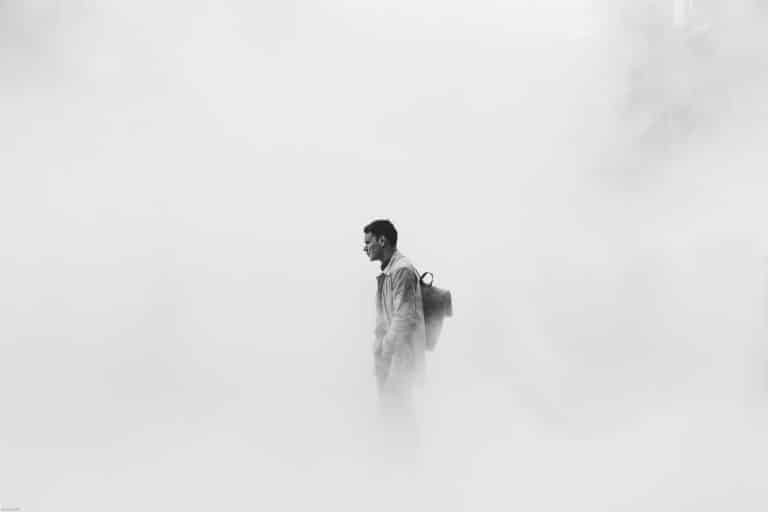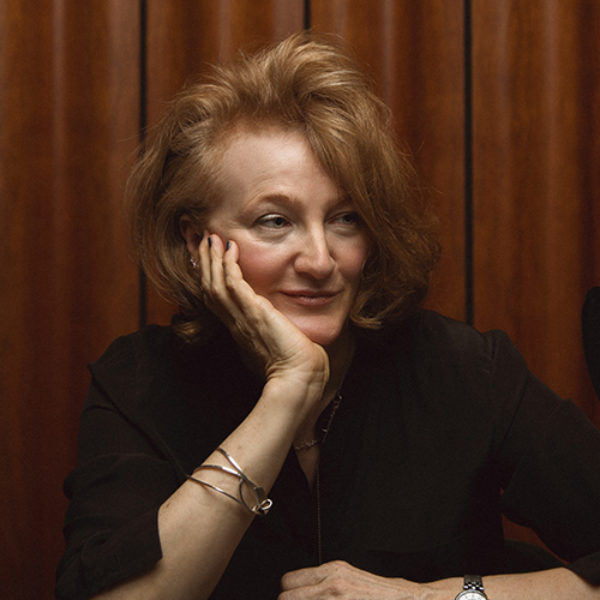
Image by Brunel Johnson/Unsplash.
The Nature of Human Vitality
We’re increasingly aware in our culture of the many faces of depression, and we’ve become conversant in the language of psychological analysis and medical treatment for it. But depression has a profound spiritual effect that is much harder to speak about and can often only be traced years onward. Still, like many things that are difficult to speak of and given the epidemic scale of this illness in our society, this is important reflection for our common life.
Like many millions of people, I have experienced severe, clinical depression. And I think that “depression” is one of the most misleading and inadequate words in our vocabulary. When I try to describe the experience, I find myself grasping to say what it is not. Depression is not essentially about being sad, or down, or blue, though these may be symptoms. In the illuminating language of Andrew Solomon in this week’s episode of On Being, the opposite of depression is not happiness — it is “human vitality.” It can have purely physiological origins. It may be triggered by old sadnesses grown unbearable or anger turned inward, as one saying goes. But it becomes a way of being in, and moving through, the world.
Ignatius Loyola, the 16th century founder of the Jesuit order, spoke of “desolations” — a better word than depression, in my mind — that “lead one toward lack of faith and leave one without hope and without love. One is completely listless, tepid, and unhappy, and feels separated from our Creator and Lord.” For me, depression was not so much about being without faith or hope or love; it was, rather, not being able to remember knowing those things, not being able to imagine ever experiencing them again.
After depression there is a particular solace in the voices of others who’ve been marked by this disease and lived to reflect on its contours. When I finally began to emerge, I found a kind of comfort in the scriptural psalms of lament and imprecation — mourning prayers, cursing prayers. Suddenly the “pit” of which the psalmist so often writes was real to me. I also returned to the poetry of Rilke, who like many great thinkers and creators, had an intimacy with “darkness.” Anita Barrows has luminously translated some of his poetry. Personally and in her work as a psychologist, she has also grappled with depression all of her life. She traces a difficult but ultimately hopeful line between the illness of depression and the darkness that is a part of human vitality and that we can embrace.
But a cautionary word is necessary. In the midst of depression, very little if anything is possible in the way of spiritual reflection. Insights are all hard-won and came much, much later, after a period of recovery and healing. If you know someone who is depressed now, or if you yourself are in that state, go gently, seek help, and don’t expect spiritual breakthroughs. In a story that many people describe as helpful, Parker Palmer tells of the friend who helped him most during his worst episode. The friend came and sat silently with him, day after day, and “merely” massaged his feet. In such simple human gestures we find the most essential comfort.
Parker Palmer’s two bouts of paralyzing depression came, in fact, while he was a leader of a spiritual community. In the end, that experience reframed his whole understanding of spiritual life. And I’ll leave the last words of this reflection to him — on the important question of the role and presence of God in the suffering of depression:
“I do not believe that the God who gave me life wants me to live a living death. I believe that the God who gave me life wants me to live life fully and well. Now, is that going to take me to places where I suffer because I am standing for something or I am committed to something or I am passionate about something that gets resisted and rejected by the society? Absolutely. But anyone who’s ever suffered that way knows that it’s a life-giving way to suffer — that if it’s your truth, you can’t not do it. And that knowledge carries you through. But there’s another kind of suffering that is simply and purely death. It’s death in life. And that is a darkness to be worked through to find the life on the other side.”
This essay was originally published in November, 2006. We are re-airing the episode “The Soul in Depression,” this week on the On Being podcast. You can listen here:

